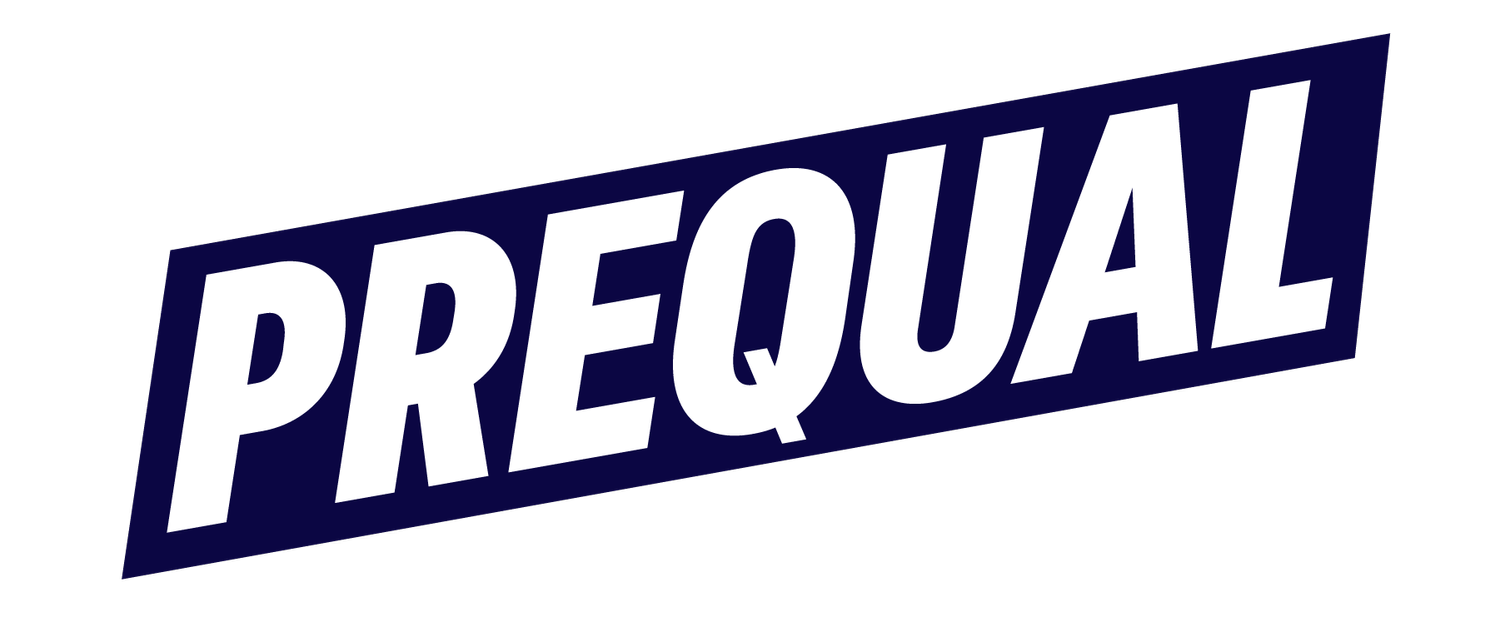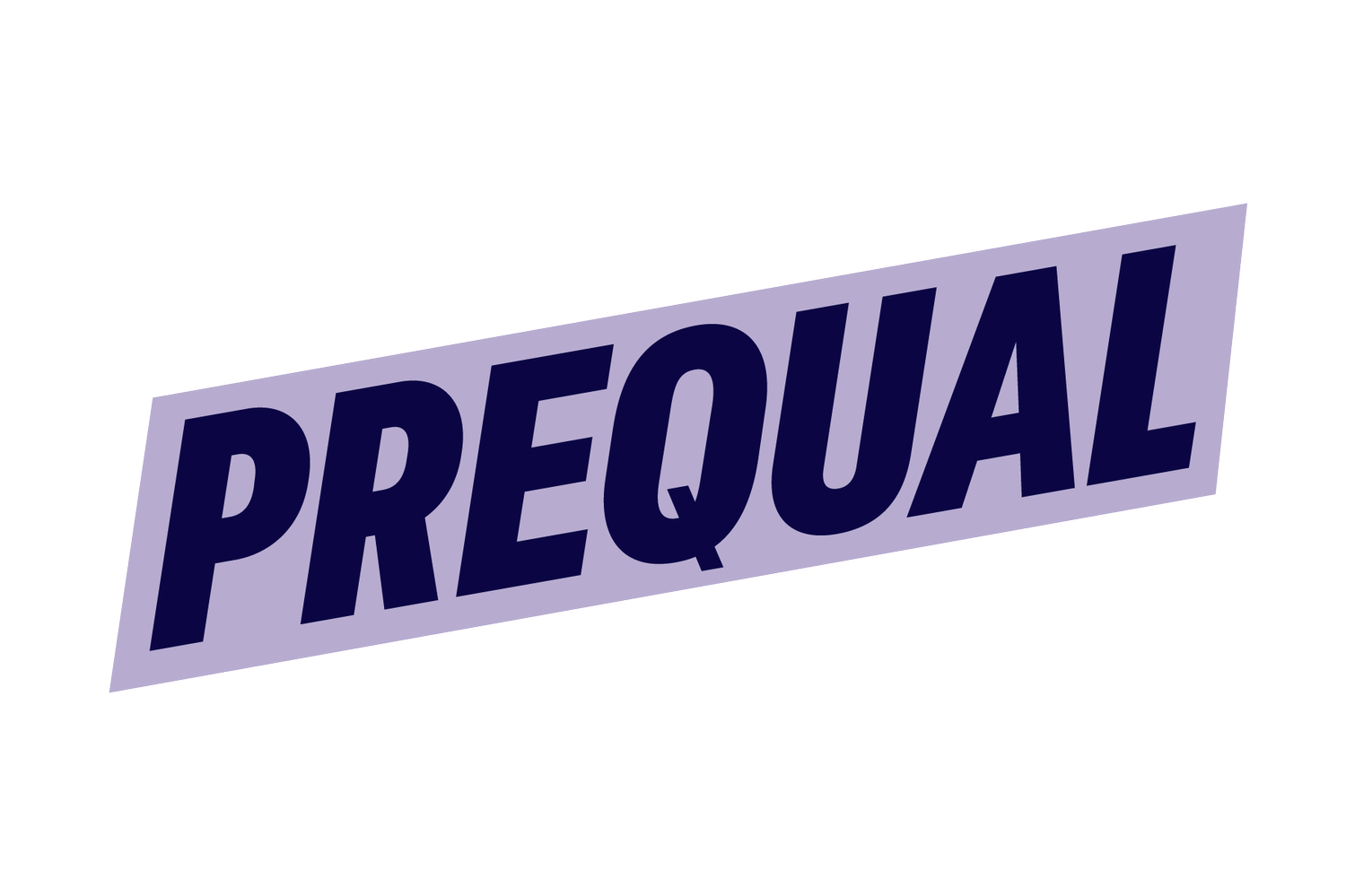What To Do When A Client Misses A Payment
Invoices don't always get paid on time. It can happen for many reasons, and how you handle this situation can significantly impact your bottom line. Leaving billing issues to linger until they can no longer be ignored is a sure-fire losing strategy for all involved. Here are a few ways to be more proactive and inquisitive about your client's missing payment.
Look at the Facts
You need to step back when a client has missed a payment and ensure you're not rushing to judgment. You know how things look on your end, but you need to figure out what things look like for your client. First, examine this relationship and look at historical data. Is this missed payment a blip or a pattern? If it's a blip, your client's missed payment could be attributed to several outside factors you're unaware of. If this is a pattern, acknowledge there is a more significant issue than one missed payment and know you're in for a longer conversation.
Assume The Best
One of the best things you can do in this situation is assume your client has good intentions, whether this is one missed payment or a continuing pattern. Don't make things up or guess why they haven't paid you. Your job is to clarify the truth before you act on impulse. Bills go unpaid for many reasons, from clerical errors to unforeseen financial hardships. You need to address the situation without judgment because assuming a late payment has happened because of malintent will only worsen the situation for all involved.
Determine the Best Way to Communicate the Issue
A late payment will almost always warrant communication and initiative on your part. If this is a repeated occurrence, email asking for a meeting time. Use that meeting to understand why payments have routinely been late and how to work together going forward. This issue is not one that you should try to solve via email.
Affirmative Communication
The most productive way to clarify this is to ask questions and communicate affirmatively. Instead of assuming your client isn't paying intentionally, say, "I know you want to pay us on time..." This takes them off the defense and demonstrates that you don't assume the worst or fault them personally.
Ask Good Questions
Ask thoughtful and insightful questions to get to the root of the issue. A useful opening question is, "What's happening in your environment?" This question opens a door that allows your client to explain how things look on their end and what is currently happening. And there isn't a hint of judgment in how it's asked. You don't know until you know, so asking is the first step.
Make It Easy For The Client To Pay
Regardless of what is causing the late payment, you still need to get paid, so make getting paid as easy as possible. If your client needs to be put in touch with someone in accounting, then make that connection. If they have not yet paid due to financial hardship, seek creative payment solutions. Depending on the fee structure you set, you might be able to offer options to amend your work in the future. If this is a long-standing relationship that neither party wants to damage, give your client guidance on how they can show good faith and pay promptly from now on. It's the best way forward for all involved.
In summary, you'll do your business and client relationships a favor by dealing with billing and payment issues directly. You need to get to the bottom of why a client has missed their payment and ensure you're not making assumptions or rushing to judgment as to why this is happening. Ask good questions and try not to put your client on the defense. And lastly, ensure that they can pay you easily – both now and going forward. It will not only strengthen your client relationships but also benefit your bottom line.
Explore More: If you’re interested in building stronger client relationships that lead to better payments and consistent revenue, learn how to build authentic relationships in sales with our trusted Prequal framework.


